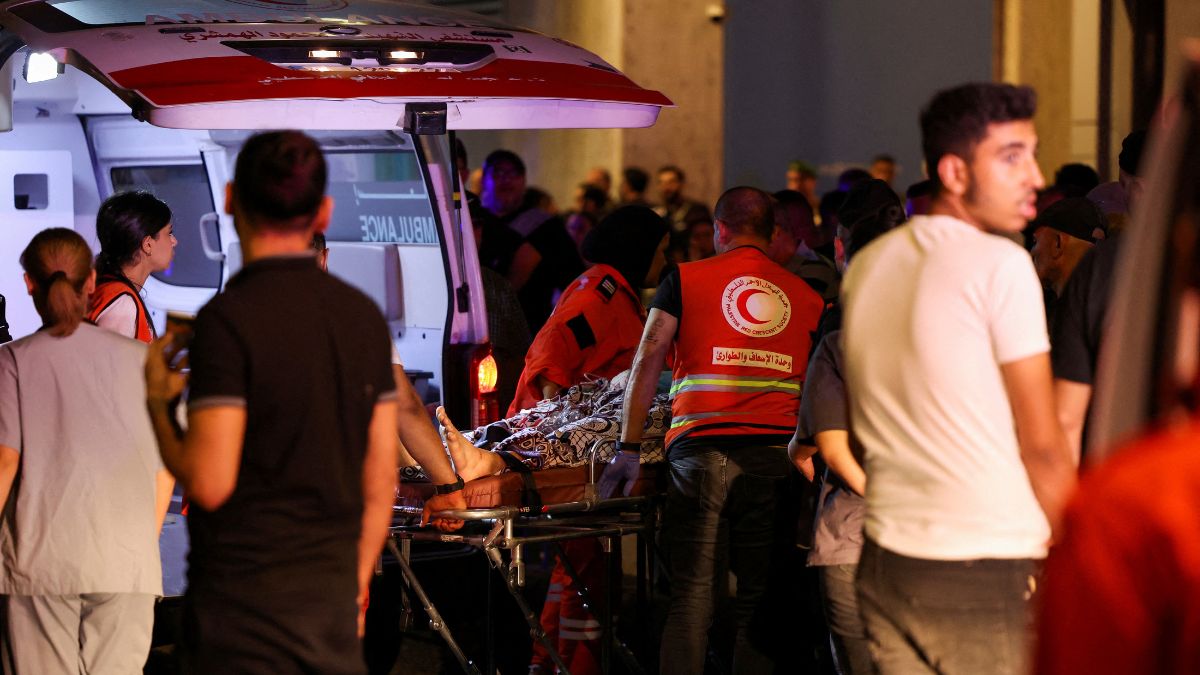Dozens of members of Lebanon's Hezbollah terrorists have been injured after handheld pagers they use to communicate exploded simultaneously.
— Tommy Robinson 🇬🇧 (@TRobinsonNewEra) September 17, 2024
A Hezbollah official says the incident, like something out of a James Bond film, constituted the "biggest security breach yet". pic.twitter.com/jrEK5pKNOR
Hundreds of members of the Lebanese paramilitary group Hezbollah were targeted after their pagers exploded simultaneously in Lebanon and Syria on Tuesday. At least nine people were killed while around 3,000 more were injured. One of the injured was Iran's envoy to Beirut.
Why did Hezbollah operatives use pagers?
A few months ago, Iran-backed Shia group Hezbollah had ordered around 5,000 made-in-Taiwan AR 924 pagers, sources told Reuters. The decision to use pagers instead of mobile phones came after Hezbollah Secretary General Hassan Nasrallah on February 13 warned the group's supporters that their phones were more dangerous than Israeli spies. He advised them to break, bury or lock them in an iron box.
THE WEEK had earlier reported that Hezbollah militants had resorted to using pagers as the main means to communicate as they cannot capture sound, don’t have cameras and leave very low digital signature.
Like other pagers, AR 924 wirelessly transmits and displays text messages while telephone calls are not allowed. It allowed Hezbollah operatives to avoid getting location-tracked by Israel.
Is Mossad behind Hezbollah pager blasts?
Israel's spy agency Mossad reportedly planted three gram of expolsives inside the AP924 pagers procured by Hezbollah, sources told the news agency. Senior Lebanese officials believe the pagers, manufactured by Taiwan-based Gold Apollo, were modified by Mossad "at the production level." Gold Apollo, however, came forward, saying the pagers used in the detonations in Lebanon on Tuesday were not manufactured by them. It clarified that a company called BAC, which has a license to use its brand, made the pagers.
The Mossad reportedly inserted a board into the explosive-laden pager that recieves a coded message. This board could not be detected by the devices or scanners used by Lebanese security agencies. Around 3,000 pagers exploded simultaneously after a message activated them on Tuesday.



